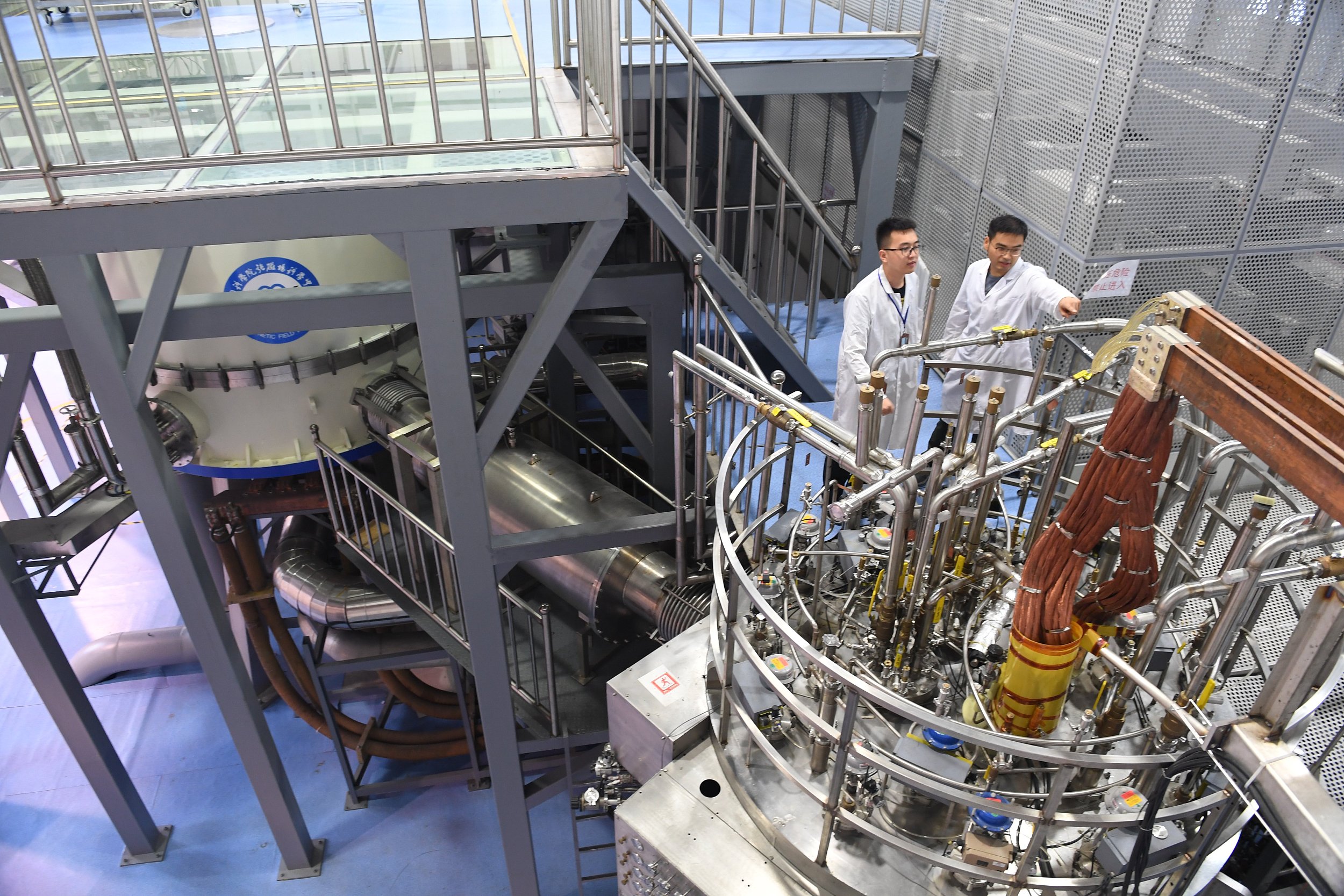Regional Innovation, Cooperation Accelerate China's Prosperity

The sunrise scenery over Baiyangdian Lake, Xiong'an New Area, north China's Hebei province. (PHOTO: VCG)
By CHEN Chunyou
When some people get rich first, others will be pulled up after them. Through this process, common prosperity of the entire population will be gradually achieved. This is a popular notion in China, and practice has proven that it works.
This year marks the fifth anniversary of the establishment of the Xiong'an New Area. As a key move to advance the coordinated development of the Beijing-Tianjin-Hebei region, Xiong'an's potential is stimulating the region's innovation vitality.
According to Liu Dongmei, researcher at the Chinese Academy of Science and Technology for Development, regional innovation is the key to building a national innovation system. With the expansion of a global innovation network, regional innovation needs to be more open and collaborative.
In the revised Law on Progress of Science and Technology, more targeted measures are put forward to encourage regional development.
For the projects that meet the needs of industrial development and have clear market application prospects, article 73 says the local government at or above county level should encourage enterprises to collaborate with research institutions and universities.
Article 74 stipulates that the country would support the construction and development of high-tech parks, such as high-tech industrial zones and national innovation demonstration zones, helping them form their characteristics and foster their advantages, so as to fully release their driving effects.
Central government should support local governments in building sci-tech innovation centers and comprehensive science centers, and allow them to give full play to their role in driving innovation, deepening reform and participating in global sci-tech cooperation, notes article 75.
This year, the building of sci-tech innovation centers is in full swing in China. Many cities have already formulated their plans. For example, Changsha, the capital city of central China's Hunan province, aims to establish more than three innovation platforms, including a technology innovation center and a manufacturing innovation center, before 2025.
Article 76 rules that the country establishes regional cooperation mechanisms for sci-tech innovation, and encourages local governments and relevant departments to carry out trans-regional cooperation, so as to promote rational flow and efficient convergence of various innovation factors.
A typical example is the cooperation between Shanghai city and Gansu province. To understand the mutual development needs and provide precise services for respective enterprises, Shanghai and Gansu transfer public officials to each other. These officials worked in enterprises or sci-tech parks, which facilitates the exchanges and integration of development concepts of the two regions.
Moreover, in response to accelerating the development of Xiong'an, a lot of central state-owned enterprises located in Beijing have decided to move to Xiong'an, and many universities have also chosen to establish their branches there. Liu said the establishment of branches of universities and enterprises will help to optimize the region's conditions for innovation and promote its development.
In the era of the digital economy, it is an opportunity for the underdeveloped regions to enhance their innovation capacity by strengthening cooperation with the outside. Liu said the digital technologies offer more possibilities for regional development, noting that each region should be active to make forward-looking strategic planning to create new momentum for innovation, instead of making plans solely based on the region's existing economic layout.
"It is important to create a healthy innovation environment. Regional innovation should avoid industrial homogeneity," said Liu, adding that due attention should be paid to the coordination of industries and the balance between industrial development and industrial ecology, to prevent competition for resources.


